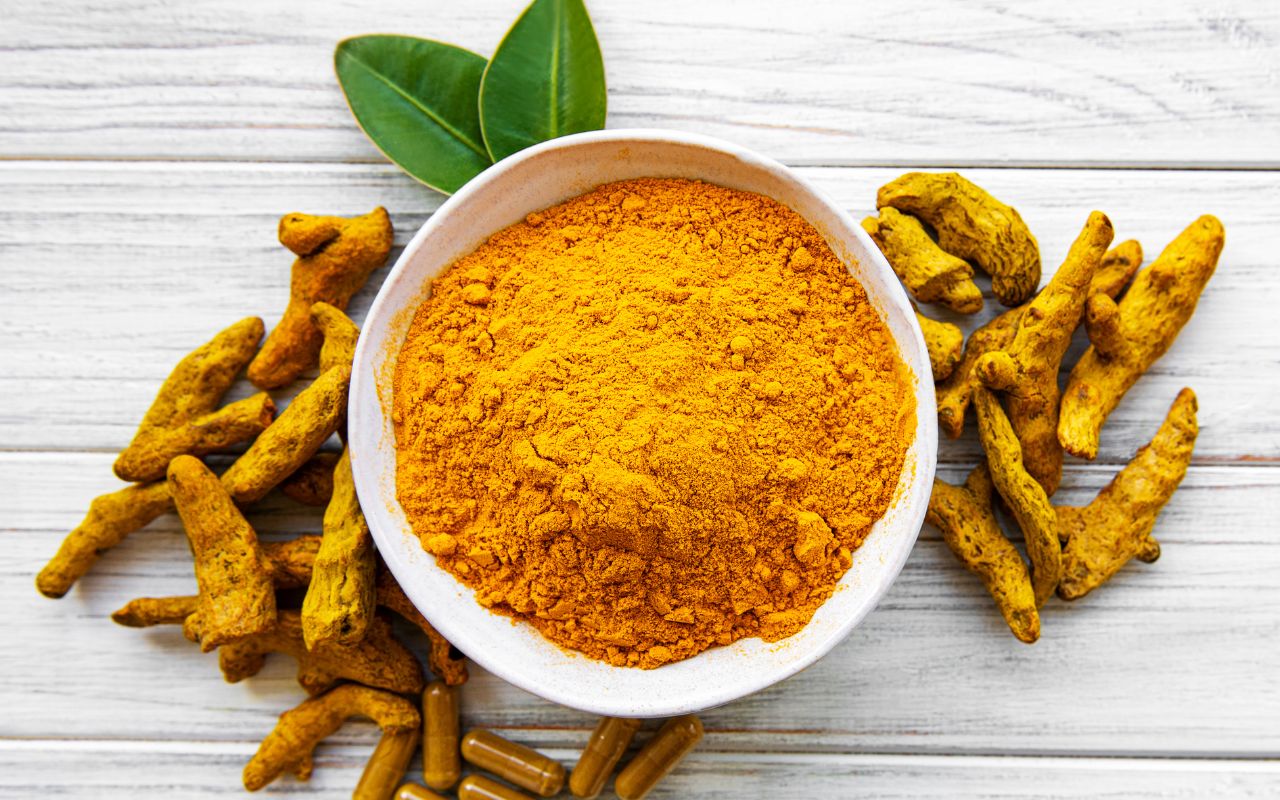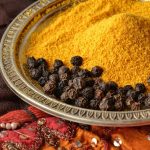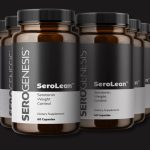Turmeric, scientifically known as Curcuma longa, is a vibrant yellow-orange spice that has been a cornerstone of traditional medicine for centuries, particularly in South Asia. This perennial plant grows primarily in the tropical regions of Southern Asia and is renowned for its culinary and medicinal properties. Over recent years, turmeric has garnered significant attention in the scientific community due to its active compound, curcumin. Curcumin boasts potent antioxidant, anti-inflammatory, and antimicrobial properties, making turmeric a promising candidate for various health applications. This article comprehensively explores turmeric's myriad uses, benefits, and precautions.
Turmeric is derived from the underground part of the stem of the Curcuma longa plant. This rhizome is dried and ground into the familiar powder, a staple in many cuisines, especially in curries. However, beyond its culinary value, turmeric has a rich history in traditional medicine. From Ayurvedic practices in India to conventional Chinese medicine, turmeric has been utilized to tackle various health issues, ranging from digestive problems to joint pain.
The Active Ingredient: Curcumin
Curcumin is the primary bioactive substance in turmeric and is responsible for most of its health benefits. It constitutes about 2-8% of most turmeric preparations. Curcumin has powerful antioxidant properties, which help protect cells from damage caused by free radicals. Additionally, it exhibits significant anti-inflammatory effects, which are beneficial for conditions like arthritis and inflammatory bowel disease.
Antioxidant Properties
Antioxidants are crucial in combating oxidative stress, associated with various chronic diseases, including cancer, cardiovascular diseases, and neurodegenerative disorders. Curcumin's antioxidant activity can neutralize free radicals and boost the activity of the body’s antioxidant enzymes, thereby enhancing the body’s defense mechanisms against oxidative damage.
Mount Sinai Health Library explains that curcumin's antioxidant properties may protect cells from damage and thus play a role in preventing or treating several types of cancer, including prostate, breast, skin, and colon cancer.
Anti-inflammatory Effects
Chronic inflammation is a significant factor in many Western diseases, including heart disease, cancer, metabolic syndrome, Alzheimer's disease, and various degenerative conditions. Curcumin targets multiple steps in the inflammatory pathway at the molecular level. Several studies have demonstrated curcumin's ability to inhibit molecules known to play significant roles in inflammation.
Osteoarthritis Relief
Because of its anti-inflammatory properties, turmeric has been studied for its potential in relieving osteoarthritis pain. A study involving an Ayurvedic formula containing turmeric showed that participants experienced less pain and disability, indicating that turmeric could be a natural treatment option for osteoarthritis patients.
Digestive Health
Turmeric has a long history of use as a digestive aid. Curcumin stimulates the gallbladder to produce bile, which may help improve digestion. The German Commission E has approved turmeric for digestive problems, and research supports its ability to reduce symptoms of bloating and gas.
Ulcerative Colitis
Ulcerative colitis is a chronic condition characterized by inflammation and ulcers in the digestive tract. Curcumin has shown promise in helping individuals with ulcerative colitis stay in remission. In a double-blind, placebo-controlled study, participants who took curcumin along with their conventional treatment had a significantly lower relapse rate compared to those who took a placebo.
Cardiovascular Health
Early studies suggested that turmeric could prevent atherosclerosis, the buildup of plaque in arteries that can lead to heart attack or stroke. Animal studies demonstrated that turmeric extract could lower cholesterol levels and prevent LDL cholesterol from building up in blood vessels. However, human studies have shown mixed results, with some failing to demonstrate significant improvements in cholesterol levels with curcumin supplementation. Nevertheless, curcumin’s ability to prevent platelet aggregation and reduce inflammation benefits cardiovascular health.
Cancer Prevention and Treatment
Curcumin's anti-cancer properties have been a major focus of research. Laboratory studies suggest that curcumin can reduce the growth of cancerous cells and inhibit the spread of tumors by affecting various molecular pathways involved in cancer development. While these findings are promising, it is crucial to note that they are preliminary, and more research is needed to determine the efficacy of curcumin in cancer prevention and treatment in humans.
Neurodegenerative Diseases
Turmeric’s potential in treating neurodegenerative diseases stems from its antioxidant and anti-inflammatory properties. Curcumin may help manage conditions such as Alzheimer’s and Parkinson’s disease by reducing inflammation and oxidative damage in the brain. Although research is still in its early stages, initial results are promising.
Managing Depression
There is growing evidence that curcumin can be beneficial in reducing symptoms of depression. Some studies have shown that curcumin supplements can be as effective as Prozac, a common antidepressant, in alleviating depressive symptoms. This effect is attributed to curcumin's ability to boost brain-derived neurotrophic factor (BDNF) levels. This protein supports existing neurons' survival and encourages new ones' growth.
Infections
Curcumin has demonstrated antimicrobial properties in laboratory settings, effectively killing bacteria and viruses. While these findings are promising, more research is needed to confirm whether curcumin can effectively treat infections in humans.
Available Forms and Dosage
Turmeric is available in various forms, including capsules, tablets, extracts, tinctures, and teas. The most common form is powdered spice, which can be added to food and beverages. When considering turmeric supplements, choosing products that contain standardized amounts of curcumin and are free from contaminants is essential.
Dosage Recommendations
There is no standard dosage for turmeric, and the appropriate amount can vary depending on the condition being treated and individual health factors. It is generally safe to consume turmeric in food and tea. However, when taking supplements, it is crucial to consult with a healthcare provider to determine the appropriate dose.
Bromelain, an enzyme found in pineapples, is often combined with turmeric supplements because it enhances curcumin's absorption and anti-inflammatory effects.
Precautions and Interactions
While turmeric is generally considered safe for most people when used in food, taking it in supplement form at high doses or for extended periods can lead to side effects. These can include stomach upset and, in severe cases, ulcers. People with gallstones or bile duct obstruction should exercise caution and consult their doctor before using turmeric supplements.
Interactions with Medications
Awareness of potential interactions between turmeric and certain medications is essential. Curcumin can interact with blood-thinning medications, increasing the risk of bleeding. It may also interfere with drugs that reduce stomach acid, diabetes medications, and chemotherapy drugs.
- Blood Thinners: Turmeric may enhance the effects of blood-thinning medications like warfarin (Coumadin), clopidogrel (Plavix), and aspirin, increasing the risk of bleeding.
- Stomach Acid Reducers: Turmeric can increase stomach acid production, potentially diminishing the effectiveness of drugs such as cimetidine (Tagamet), famotidine (Pepcid), ranitidine (Zantac), esomeprazole (Nexium), omeprazole (Prilosec), and lansoprazole (Prevacid).
- Diabetes Medications: Turmeric may amplify the effects of diabetes medications, increasing the risk of hypoglycemia (low blood sugar).
- Chemotherapy Drugs: Turmeric can potentially reduce the effectiveness of certain chemotherapy drugs. For example, Memorial Sloan Kettering Cancer Center advises against taking turmeric supplements if undergoing chemotherapy with drugs such as camptothecin (Camptosar), mechlorethamine (Mustargen), doxorubicin (Adriamycin, Rubex), or cyclophosphamide (Cytoxan, Neosar).
Special Precautions
- Pregnancy and Breastfeeding: Due to insufficient safety data, turmeric supplements should be avoided during pregnancy and breastfeeding.
- Surgery: Because turmeric may act as a blood thinner, stopping it at least two weeks before any scheduled surgery is recommended.
Conclusion
With its active ingredient, curcumin, Turmeric offers many potential health benefits supported by both traditional use and scientific research. From its antioxidant and anti-inflammatory properties to its possible role in fighting chronic diseases and improving mental health, turmeric holds promise as a valuable natural remedy. However, like any supplement, it is crucial to use turmeric cautiously, especially in high doses or when combined with certain medications.
Incorporating turmeric into a balanced diet and other healthy lifestyle choices is recommended for optimal benefits. Always consult healthcare providers before starting any new supplement regime to ensure it aligns with individual health needs and conditions.
To explore the various health applications of turmeric further, you can visit Mount Sinai Health Library and Memorial Sloan Kettering Cancer Center. These resources provide comprehensive information and guidelines on the safe use of turmeric.
By understanding turmeric's potential benefits and precautions, individuals can make informed decisions about incorporating this vibrant spice into their health and wellness routines.











